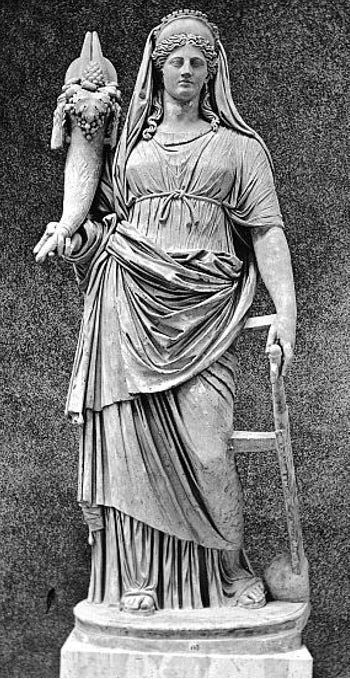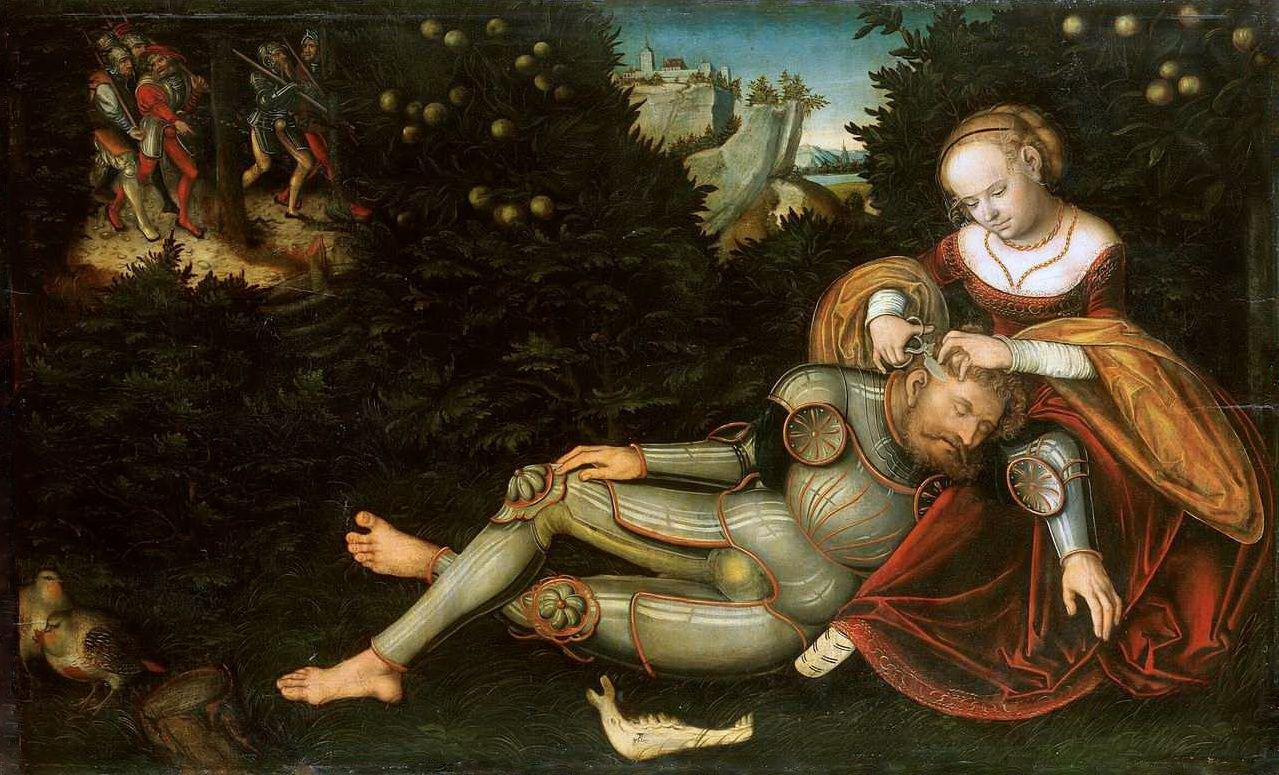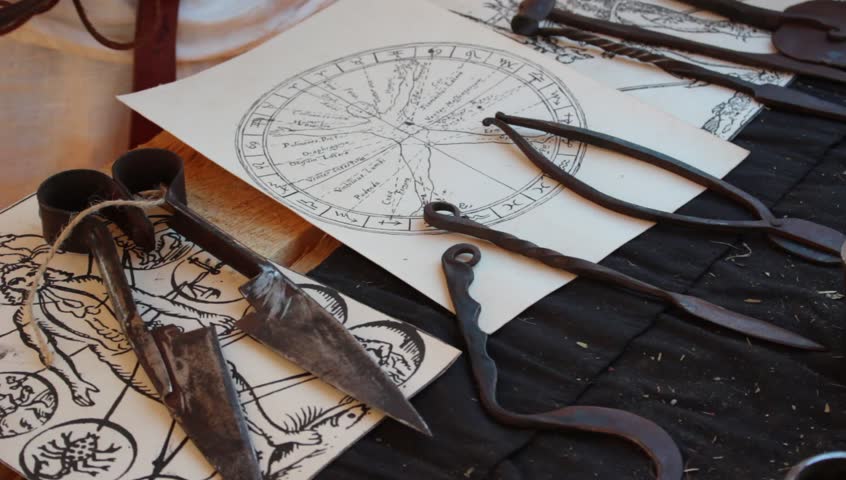
Having well established the Geniture, and in particular examined the Fortitudes and Debilities of the Planets, observe if in the Scheme you find three or four Planets in their essential dignities, or if they receive one another out of such dignities, for then the heavens declare, that the Native shall enjoy a manifest and ample fortune, shall live gallantly and in much esteem, according to the quality, and above the ordinary Vogue of his Birth, and that he shall manage the actions of his whole life, for the greatest part thereof, with happy and admirable success: On the contrary, when most of the planets are either in their Falls or Detriments, or in abject houses of Heaven, or Peregrine, such persons shall generally be involved with many infelicities, one mischief ever following in the neck of another. – Christian Astrology, William Lilly
I had a question recently regarding whether someone could be born unlucky. It’s sure to raise a few modern eyebrows, but from the Ancient Greeks all the way through the Renaissance and Medieval period, the answer would have been a resounding yes.
Continue reading “Signs of luck and fortune in the nativity”



